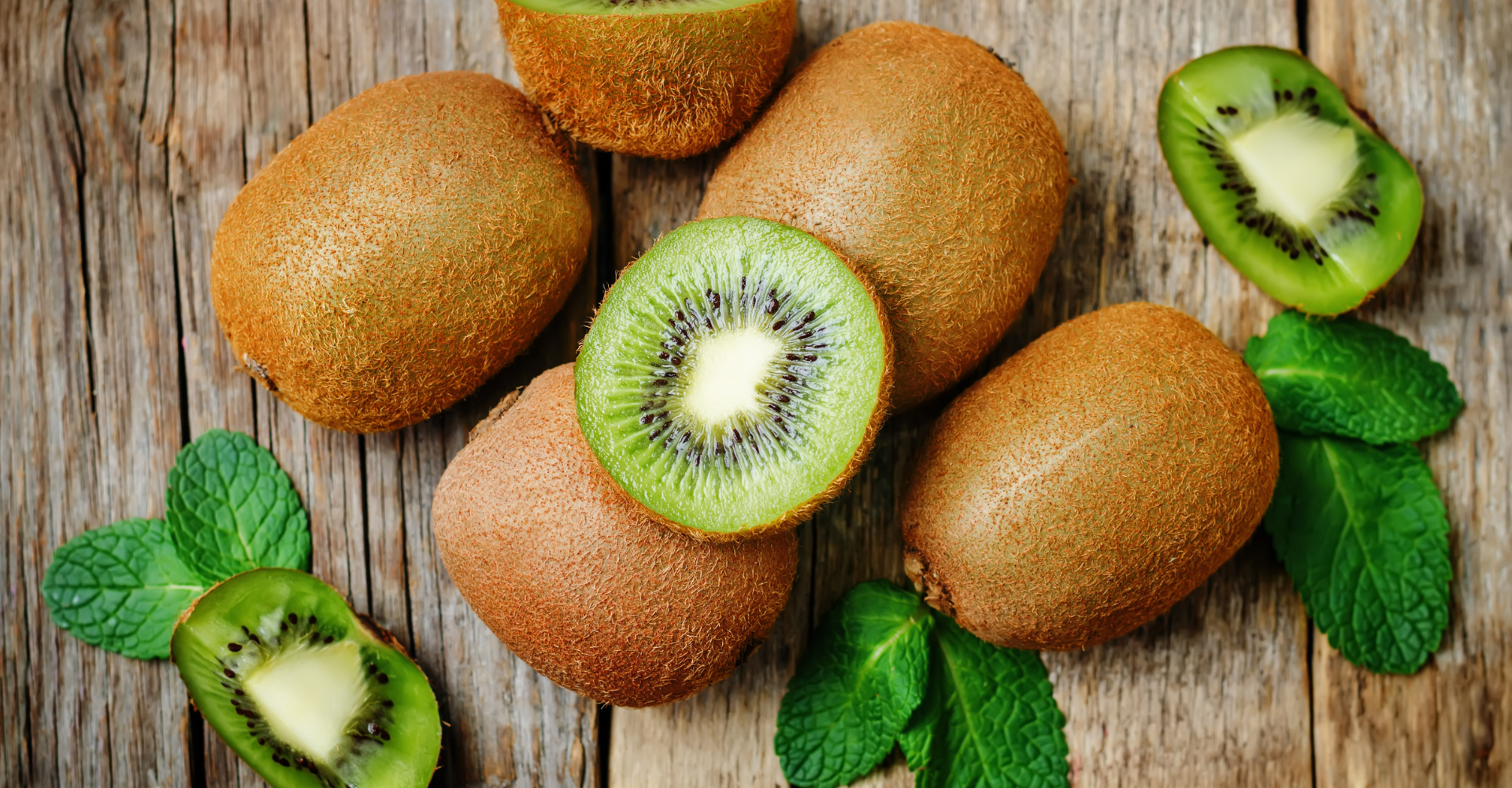
For a better and faster shopping experience, download app
Unkown

15 Foods That Reduce Bloating and Gas Instantly
Introduction
We’ve all been there—your stomach feels heavy, gassy, and uncomfortably full after a meal. Bloating and gas are common digestive issues triggered by overeating, eating too fast, stress, food intolerances, or even too much salt and processed food.
The good news? Nature provides plenty of foods that help beat the bloat. Rich in fiber, water, and natural enzymes, these fruits, vegetables, and herbs work as natural digestive aids to ease discomfort.
Here are 10 foods scientifically known to reduce bloating and gas instantly—and how to include them in your diet.
1. Cucumber – Nature’s Hydrator
Cucumbers are 95% water, making them excellent for flushing out excess salt and reducing water retention. They also soothe an irritated digestive tract.
Quick Tip: Add cucumber slices to water for a refreshing detox drink.
2. Ginger – The Digestive Hero
Ginger contains compounds like gingerol that speed up stomach emptying, reduce gas, and calm intestinal muscles.
Try This: Sip warm ginger tea after meals to prevent bloating.
3. Banana – Potassium Power
Rich in potassium, bananas help balance sodium levels and prevent water retention. They’re also easy to digest.
Snack Idea: Blend banana with yogurt for a soothing smoothie.
4. Pineapple – Enzyme Booster
Pineapples contain bromelain, a natural enzyme that breaks down proteins and eases digestion.
Pro Tip: Enjoy fresh pineapple chunks (not canned) to reduce bloating naturally.
5. Papaya – Gentle on the Gut
Papaya is loaded with papain, an enzyme that helps break down protein and relieve constipation—two major causes of bloating.
Snack Idea: A papaya bowl with lime is a quick anti-bloat fix.
6. Avocado – Healthy Fat, No Bloat
Avocados provide potassium and magnesium, which regulate fluid balance. Their healthy fats aid smooth digestion without heaviness.
Snack: Mashed avocado on whole-grain toast is filling yet light.
7. Celery – Crunchy Cleanser
Celery acts as a natural diuretic, helping the body release excess water and sodium that contribute to bloating.
Tip: Snack on celery sticks with hummus for a gut-friendly crunch.
8. Berries – Fiber-Rich Relief
Strawberries, blueberries, and raspberries are high in fiber yet low in sugar, helping digestion without gas build-up.
Snack Idea: Add berries to Greek yogurt for a probiotic-fiber combo.
9. Asparagus – Natural Detoxifier
Asparagus is rich in prebiotics, which feed healthy gut bacteria. It also acts as a mild diuretic, reducing bloating.
Meal Idea: Lightly grill asparagus with olive oil and lemon.
10. Kiwi – Digestive Enzyme Fruit
Kiwi contains actinidin, an enzyme that supports protein digestion and prevents constipation.
Snack Idea: Eat kiwi as a mid-morning fruit to keep digestion on track.
Easy Anti-Bloat Recipes
1. Papaya & Pineapple Smoothie
- ½ cup papaya
- ½ cup pineapple
- ½ cup yogurt
- 1 tsp chia seeds
Blend and enjoy a refreshing, enzyme-packed drink that keeps your gut light.
2. Cucumber & Mint Detox Water
- 1 cucumber (sliced)
- 6 mint leaves
- 1 liter water
Infuse overnight and sip throughout the day.
3. Banana Oats Bowl
- ½ cup oats (soaked overnight)
- 1 banana
- 1 tbsp flaxseeds
- Handful of blueberries
Mix for a wholesome anti-bloat breakfast.
FAQs on Bloating and Gas
Q1. What causes bloating the most?
Common triggers include overeating, carbonated drinks, excess salt, food intolerances (like lactose or gluten), and lack of fiber.
Q2. How fast do these foods work?
Hydrating foods like cucumber or lemon water can help within hours, while probiotic-rich yogurt supports long-term gut balance.
Q3. Should I avoid beans and cruciferous veggies if I bloat easily?
Yes, foods like beans, broccoli, and cabbage may worsen bloating in some people. Cooking them well or pairing with digestive spices (ginger, cumin) can help.
Q4. Are supplements better than food for bloating?
Whole foods are always better as they provide natural enzymes, fiber, and hydration. Supplements may help, but only if recommended by a doctor.
Q5. How can I prevent bloating naturally?
- Eat slowly and chew thoroughly
- Avoid fizzy drinks
- Stay hydrated
- Walk for 10–15 mins after meals
- Manage stress levels
Final Thoughts
Bloating is uncomfortable but manageable. By including these 10 foods—from cucumbers and papaya to ginger—you can ease discomfort quickly and support long-term gut health. Pair these foods with mindful eating habits, and you’ll not only reduce bloating but also improve digestion overall.






![Kiwi Green [Imported]img 4 Kiwi Green [Imported]img 4](https://im.pluckk.in/unsafe/1053x0/uploads/new_sku_designs_v3/242221220AF/4.jpg)
![Kiwi Green [Imported]img 1 Kiwi Green [Imported]img 1](https://im.pluckk.in/unsafe/1053x0/uploads/new_sku_designs_v3/242221220AF/1.jpg)
![Kiwi Green [Imported]img 5 Kiwi Green [Imported]img 5](https://im.pluckk.in/unsafe/1035x0/uploads/27814-vertical-images-sku-48.jpg)
![Kiwi Green [Imported]img 2 Kiwi Green [Imported]img 2](https://im.pluckk.in/unsafe/1053x0/uploads/new_sku_designs_v3/242221220AF/2.jpg)
![Kiwi Green [Imported]img 3 Kiwi Green [Imported]img 3](https://im.pluckk.in/unsafe/1053x0/uploads/new_sku_designs_v3/242221220AF/3.jpg)





